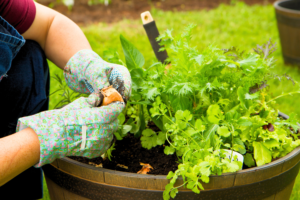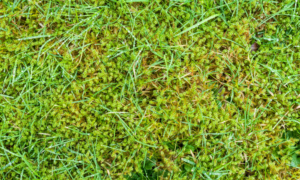As the world becomes more conscious of environmental impact, many gardeners are seeking ways to make their outdoor spaces more sustainable. Sustainable gardening not only benefits the planet but also creates a healthier, more resilient garden that thrives with minimal intervention. Here are 10 eco-friendly strategies to improve the sustainability of your garden, each inspired by insights from renowned scientists, gardeners, and environmental specialists.
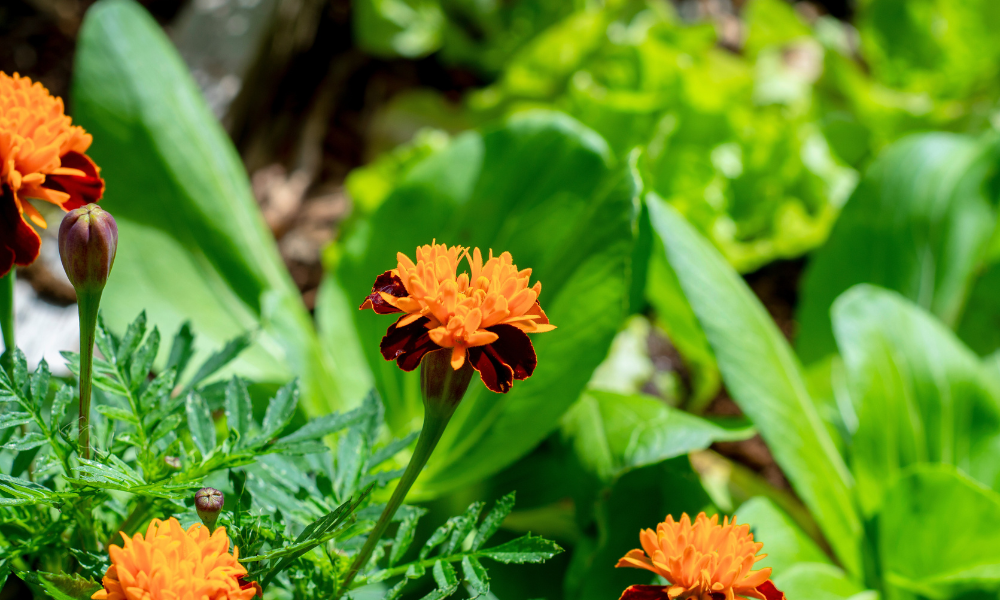
1. Composting: Turn Waste into Nutrient-Rich Soil:
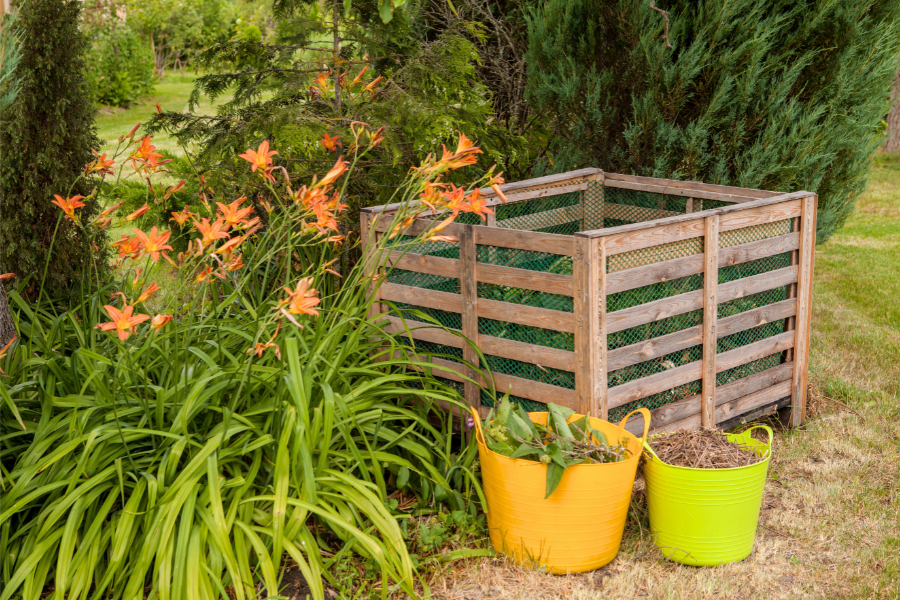
Composting is a simple yet effective way to reduce waste and nourish your garden. By composting kitchen scraps and yard waste, you create nutrient-rich organic matter that enriches the soil and reduces the need for chemical fertilizers. As noted by environmentalist Sir David Attenborough; “Composting helps return valuable nutrients to the earth, closing the loop of organic waste.”
2. Water Conservation: Smart Irrigation Techniques
Water is a precious resource, and conserving it is crucial for sustainable gardening. Techniques like drip irrigation, rainwater harvesting, and using drought-tolerant plants can significantly reduce water usage.
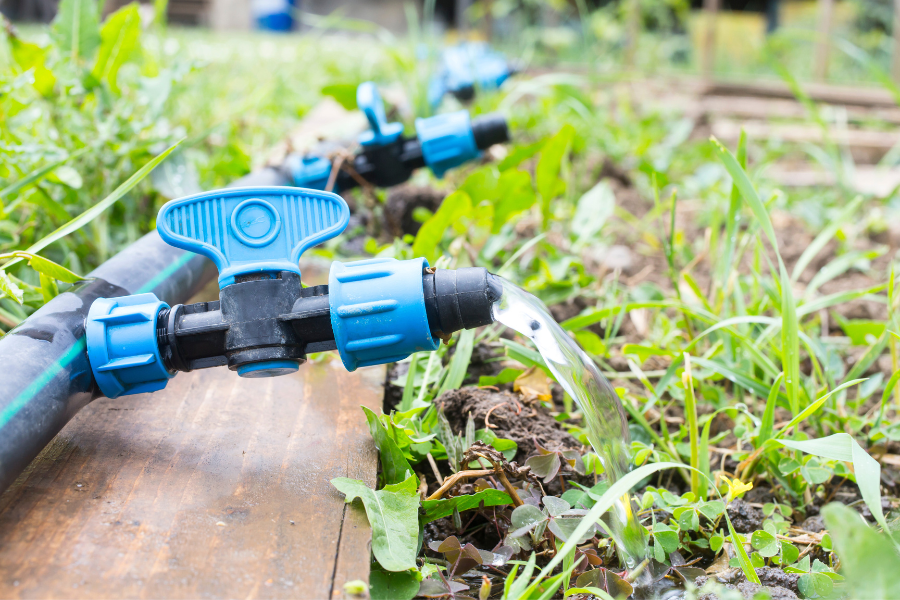
Water conservationist and hydrologist Peter Gleick emphasizes the importance of smart water management, advocating for efficient irrigation systems that minimize waste.
3. Plant Native Species: Supporting Local Ecosystems
Native plants are adapted to your region’s climate and soil, making them more resilient and requiring less maintenance. They also provide essential habitat for local wildlife, including pollinators. Renowned botanist Douglas Tallamy points out that planting native species is a key step in restoring and maintaining local biodiversity.
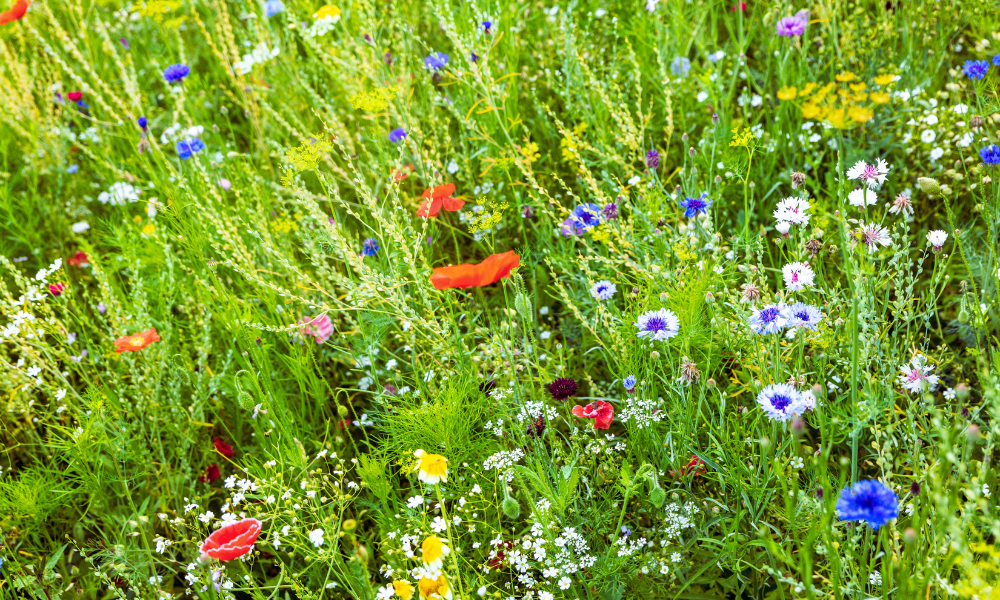
4. Organic Pest Control: Natural Solutions for a Healthy Garden
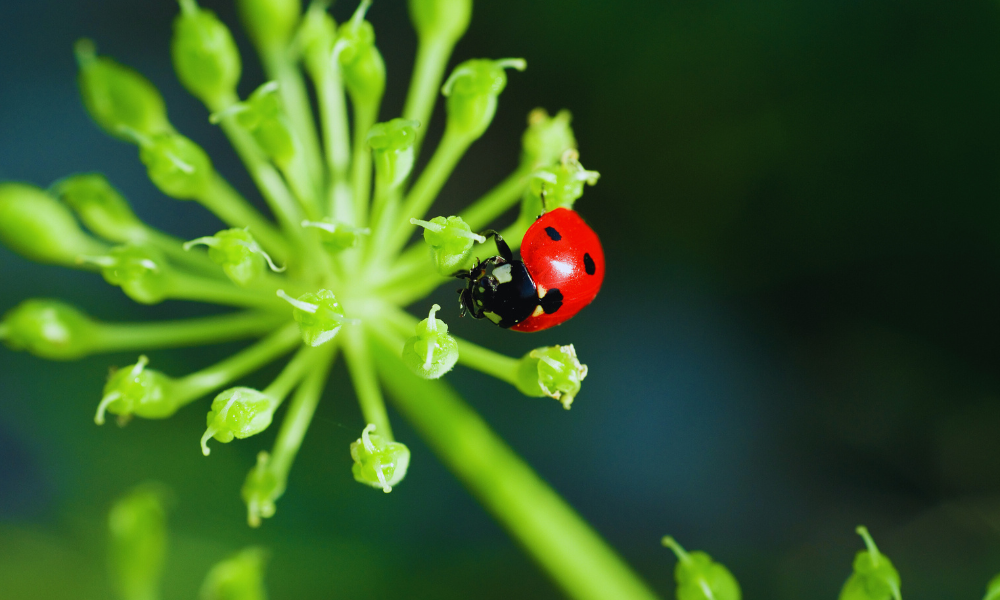
Instead of relying on chemical pesticides, opt for organic pest control methods. Beneficial insects, companion planting, and natural repellents like neem oil can help manage pests without harming the environment.
Garden expert Monty Don encourages gardeners to work with nature rather than against it, using organic methods to maintain garden health.
5. Soil Health: Building a Strong Foundation
Healthy soil is the cornerstone of a sustainable garden. Practices like mulching, crop rotation, and avoiding synthetic fertilizers help maintain soil structure, fertility, and microbial life.
Soil scientist Rattan Lal highlights the importance of soil health, noting that healthy soils are essential for sustainable food production and carbon sequestration.
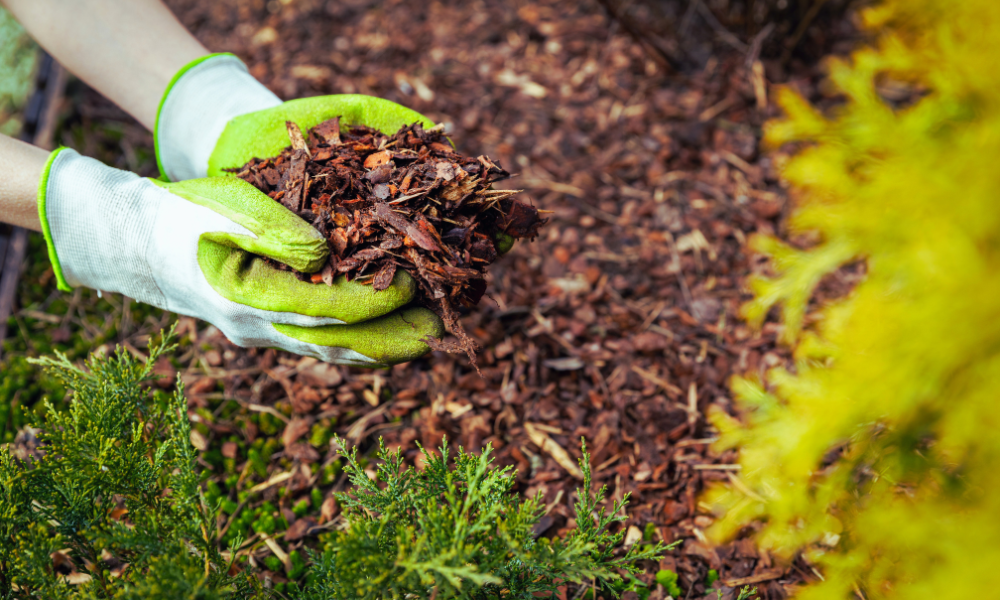
6. Pollinator-Friendly Gardens: Creating a Buzzing Haven
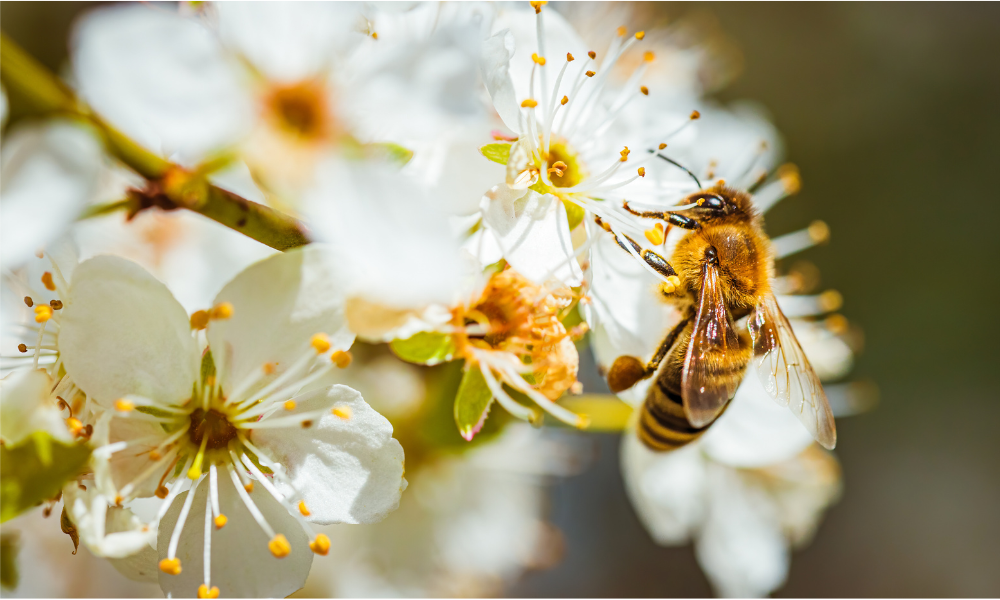
Pollinators like bees, butterflies, and birds are essential for a thriving garden ecosystem. Planting a variety of flowering plants, providing water sources, and avoiding pesticides can create a haven for these crucial creatures.
Entomologist and bee specialist Marla Spivak stresses the importance of supporting pollinators, whose populations are vital to global food security.
7. Perennial Planting: Long-Term Sustainability
Perennials, which return year after year, are more sustainable than annuals, as they require less water, fertilizer, and effort. They also help build soil structure and support biodiversity.
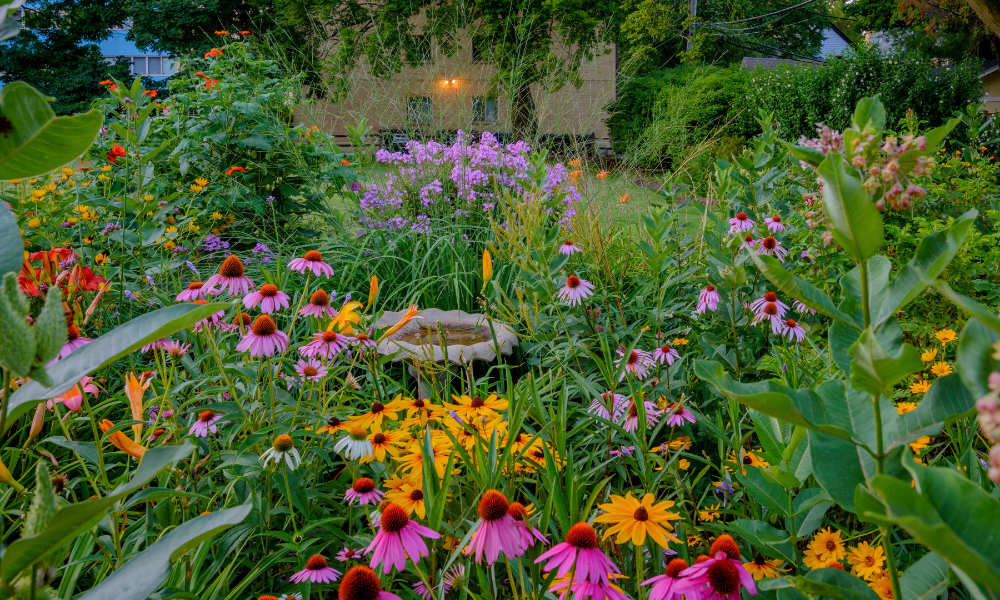
Garden designer Piet Oudolf advocates for the use of perennials in garden design, praising their resilience and low-maintenance nature.
8. Zero-Waste Gardening: Reducing, Reusing, and Recycling
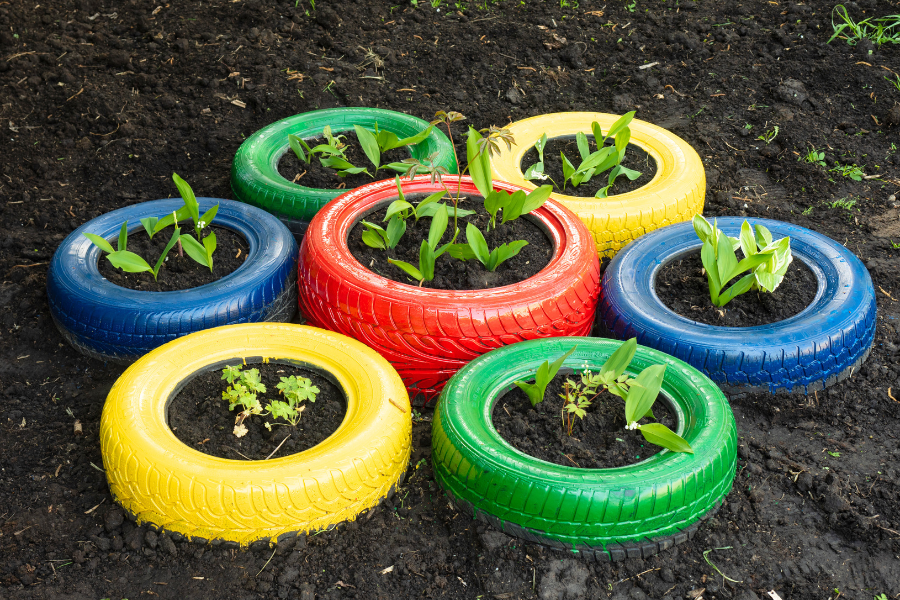
Embrace a zero-waste approach by reusing materials, recycling plant pots, and minimizing waste. Upcycling items like old furniture or containers into planters can also add unique character to your garden. Environmental activist Bea Johnson emphasizes the importance of a zero-waste lifestyle, including in the garden, to reduce our overall ecological footprint.
9. Energy Efficiency: Sustainable Garden Lighting
If you use outdoor lighting in your garden, consider energy-efficient options like solar-powered lights. These lights harness renewable energy, reducing your carbon footprint while adding ambiance to your garden. Renewable energy advocate Amory Lovins suggests that integrating solar technology into everyday practices, such as garden lighting, is an essential step toward sustainability.
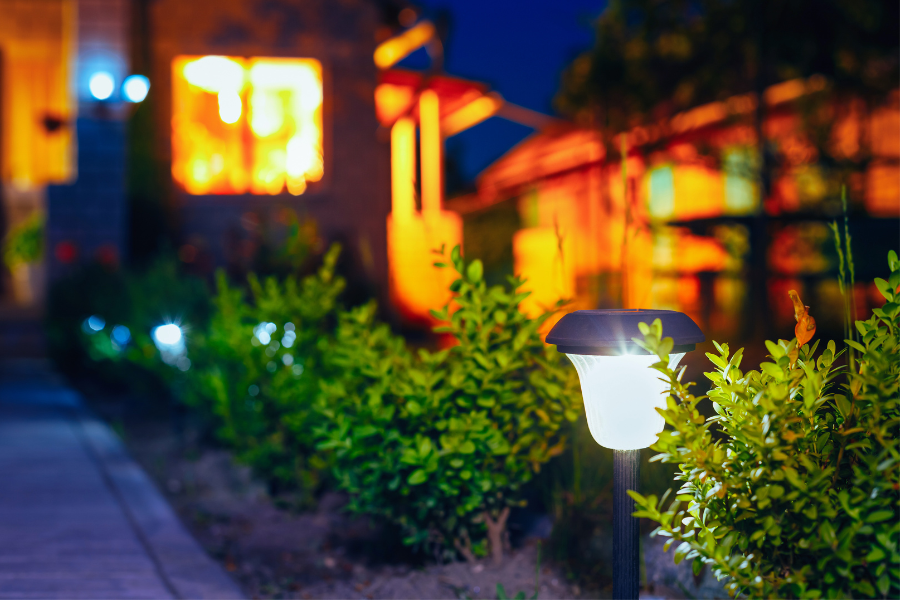
10. Wildlife Habitats: Encouraging Biodiversity
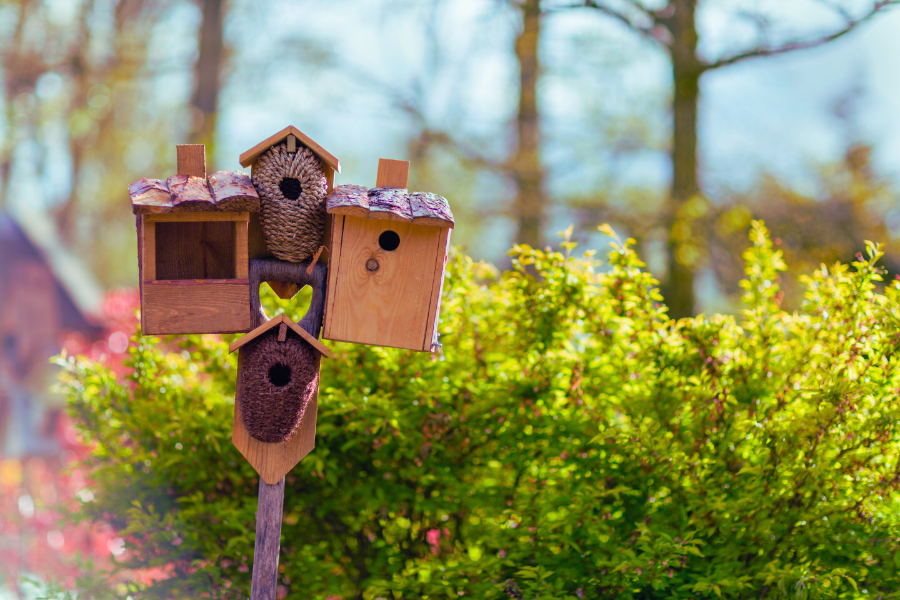
Creating habitats for wildlife, such as birdhouses, insect hotels, and ponds, helps support local biodiversity. Providing shelter and food sources encourages a healthy ecosystem right in your backyard.
Ecologist and conservationist Jane Goodall reminds us that even small efforts to create wildlife habitats can have a big impact on local biodiversity and conservation.
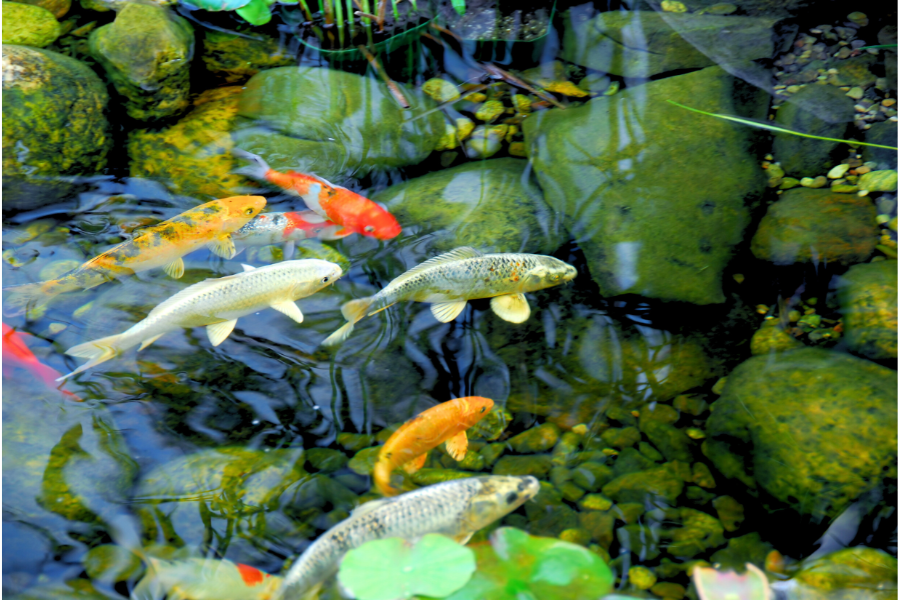
By adopting these eco-friendly gardening practices, you contribute to a more sustainable environment while creating a beautiful, resilient garden. From conserving water and enhancing soil health to supporting pollinators and wildlife, every small step counts towards a greener future. Embrace these strategies, and watch your garden thrive in harmony with nature.

